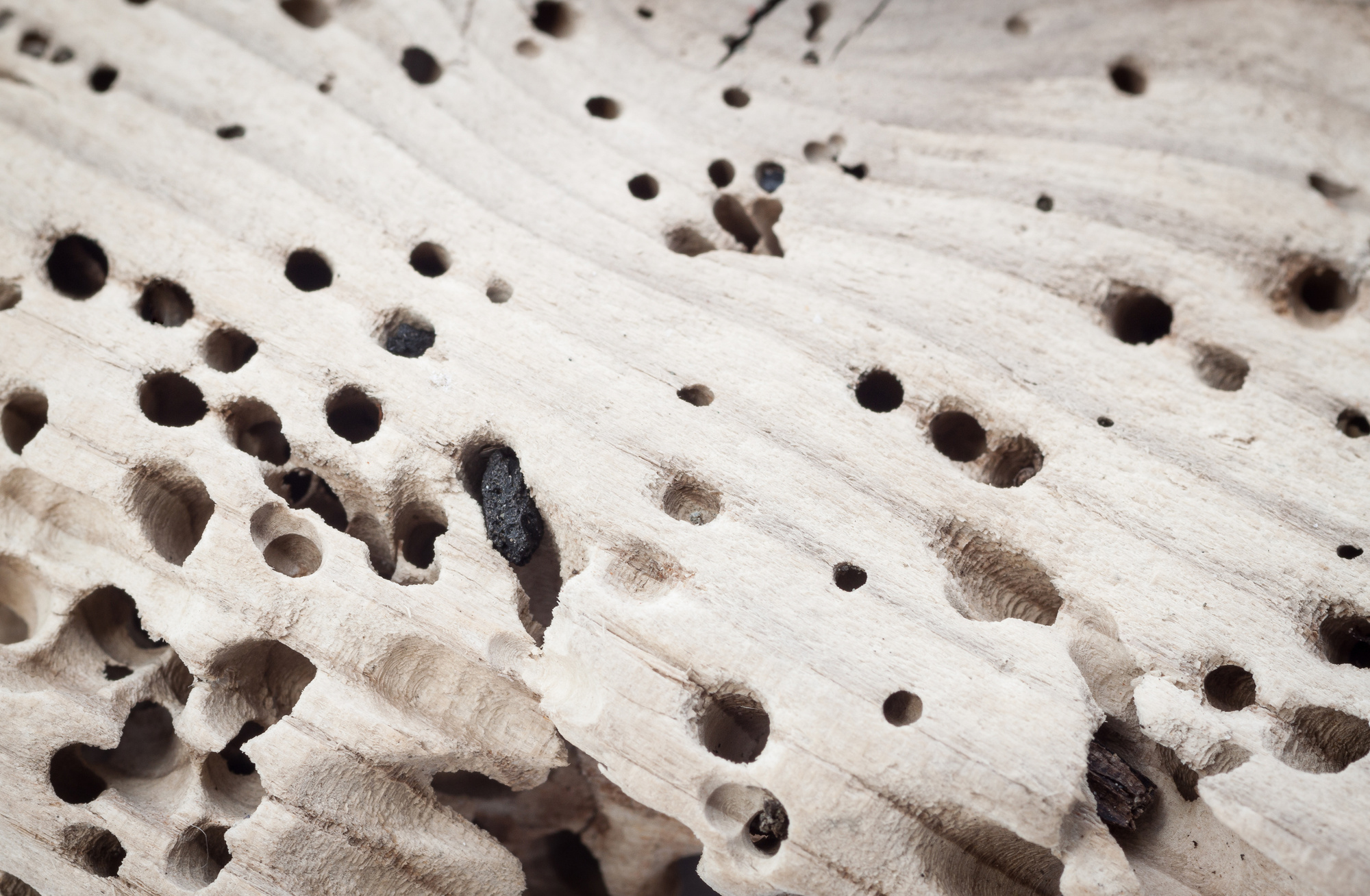How to Clean Drains: The Master Method You Should Learn

Drain cleaning is a subject that no one wants to talk about, yet everyone deals with. Although clearing a clogged drain is often thought of as a problem faced in older homes, it can easily happen in new home models too.
Because of this, it is important to know how to clean drains and to do so safely and effectively.
Generally, most people will attempt to use a plunger, store-bought drain cleaner, or a mechanical snake. While each of these options may solve the problem immediately, they can cause long-term issues with your plumbing.
We’re going to talk about the best way to unclog a drain, so keep reading to find out more!
Skip the Hardware Store
You probably already have a plunger in one of your bathrooms and these can be great in an emergency situation. However, you may want to rethink your trip to the hardware store to purchase a mechanical snake or chemical drain cleaner.
The problem with mechanical snakes is that you have a 50/50 shot of being effective. Should you remove the clog, there could be debris left over in the pipe allowing for a new clog to form quickly. On the other side of this, you can also push the clog further into the pipe, out of reach, making it necessary to call a plumber.
Chemical drain cleaners are worse. Although effective, they are made out of lye. Lye is a chemical compound that will burn the skin, eyes, and lungs if it is inhaled. In addition, lye can melt PVC piping if used incorrectly.
How to Clean Drains: Method 1
Many people have heard that baking soda and vinegar work wonders. This is definitely false (try it for yourself!)
Instead, try using hot water and dishwashing detergent. The hot water will help liquify any grease or fats and the dish detergent is specifically formulated to break up grease because it is a base, not an acid.
Pour nearly boiling water mixed with 1-2 tablespoons of detergent into your drain or toilet. This should lessen or remove the problem completely.
Clearing Drains: Method 2
For clogs that are more organic (hair, nail clippings) they will not be dissolved by hot water and grease-fighting detergent. Instead, you may want to consider a natural enzyme drain cleaner.
These cleaners are highly effective yet less dangerous for you, your plumbing, and the environment. This method also works well over a period of time, keeping your drains free of clogs for months after the first use.
If you are still not seeing any results with these methods, you may need to call a professional about your blocked drains.
Maintenance and Prevention
Knowing how to clean drains is beneficial, but the easiest way to avoid it is to prevent clogs from forming. Preventing clogs can include avoiding pouring grease or oil into any drain and installing hair traps to catch strands before they make their way into your pipes.
A great way to help prevent clog-causing buildup on pipes is to consider a water softener or filter. These units will help remove sediment that can cause clogs to form much faster, make your water taste better, and help your appliances see less wear and tear.
If you would like to read more about household tips, check out our list of 5 Criminally Good Cleaning Tricks!



